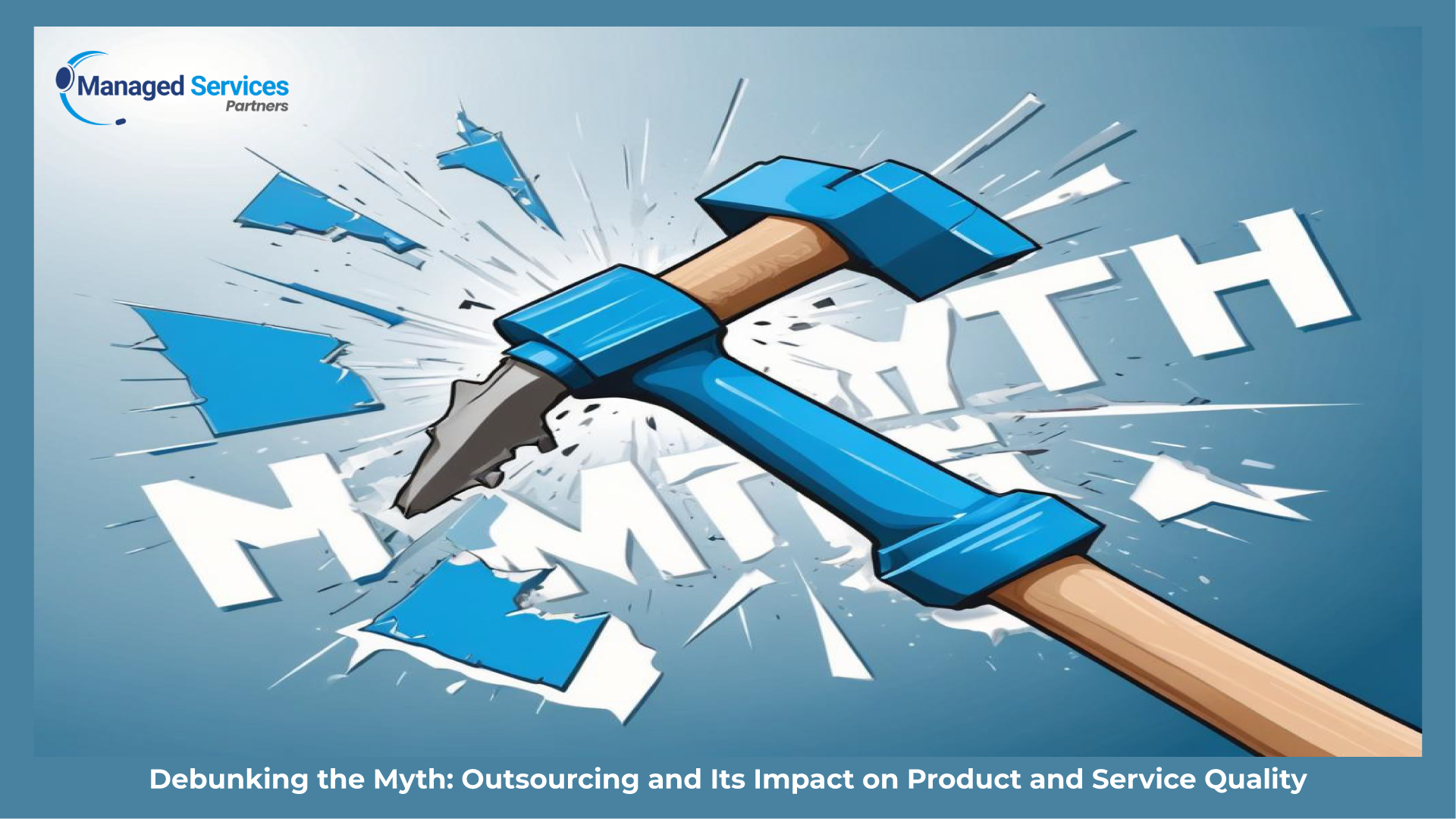Debunking the Myth: Outsourcing and Its Impact on Product and Service Quality
Debunking the Myth: Outsourcing and Its Impact on Product and Service Quality
Outsourcing and Its Impact on Product and Service
Outsourcing and Its Impact on Product and Service
Outsourcing and Its Impact on Product and Service
Outsourcing and Its Impact on Product and Service
Outsourcing and Its Impact on Product and Service
Outsourcing and Its Impact on Product and Service
Outsourcing has long been a hot topic among business owners and managers. One of the most persistent myths surrounding this practice is the belief that outsourcing invariably leads to poor product and service quality. This concern often stems from the notion that without direct and frequent oversight by the business, the quality of outsourced work will inevitably suffer. However, the reality is far more nuanced. By leveraging industry experts and clearly outlining goals, businesses can actually enhance the quality of their offerings through outsourcing.
Let’s dive deeper into this subject and debunk some common misconceptions.
Myth 1: Outsourcing Equals Poor Quality
The Concern: Business owners often worry that outsourcing will compromise the quality of their products and services. They fear that external providers won’t have the same commitment or understanding of their brand’s standards.
The Reality: This concern overlooks a critical point: outsourcing firms are staffed with industry professionals and experts who specialize in their fields. These firms have a vested interest in delivering high-quality results to maintain their reputation and secure long-term contracts. They bring a wealth of experience and specialized knowledge that an in-house team might lack.
The Role of Clear Communication and Defined Goals
One of the key elements in ensuring quality in outsourcing is clear communication. Business owners must establish well-defined goals, expectations, and performance metrics. By doing so, they provide a roadmap for the outsourcing partner to follow. Regular updates, benchmarks, and feedback loops help maintain alignment and ensure that the external team is delivering to the required standards.
Myth 2: Lack of Frequent Monitoring Leads to Poor Quality
The Concern: Some owners believe that without their constant oversight, the quality of outsourced work will decline.
The Reality: While monitoring is important, it is a misconception that it needs to be constant. Effective monitoring can be achieved through periodic reviews, quality checks, and setting up a robust feedback mechanism. Outsourcing partners like Managed Services Partners LLC are often equipped with advanced project management tools and quality assurance processes. By taking advantage of these systems, businesses can maintain high standards without micro-managing the external team.
Benefits of Industry Expertise
When businesses outsource, they are tapping into specialized skill sets that might not be available internally. For example, a tech company might outsource its customer support to a firm that specializes in this area. This firm would have processes and training programs in place to ensure that its agents provide high-quality, knowledgeable, and efficient support.
Outsourcing firms also stay updated with industry trends and technological advancements, ensuring they use the best practices. This can lead to innovative solutions and improved processes that businesses might not achieve on their own.
Big Companies Outsource Successfully
Many large, successful companies utilize outsourcing as a strategic tool. Companies like Apple, IBM, and Google have outsourced various functions, from manufacturing to IT support. They have established clear guidelines and maintained stringent quality standards through well-defined contracts and regular performance evaluations.
For instance, Apple outsources its manufacturing to firms like Foxconn. Despite not directly overseeing every step of the process, Apple maintains its reputation for high-quality, innovative products. This is achieved through rigorous quality control mechanisms and clear, precise directives.
Creating a Productive Outsourcing Relationship
To harness the full benefits of outsourcing, businesses should:
1. Engage in Thorough Vetting: Choose outsourcing partners with a proven track record and expertise in the required field.
2. Set Clear Objectives: Define what success looks like and communicate these objectives clearly.
3. Maintain Regular Communication: Schedule periodic meetings, updates, and feedback sessions to stay aligned.
4. Implement Quality Control Measures: Use performance metrics, KPIs, and quality checklists to monitor outcomes.
5. Build a Partnership: Approach outsourcing as a partnership rather than a transactional relationship. Foster open communication and collaboration.
Outsourcing does not inherently lead to poor quality. With the right approach, it can enhance the quality of products and services by leveraging specialized expertise and efficient processes.
By debunking the myths and focusing on clear communication, goal setting, and strategic partnership, businesses can confidently outsource functions and enjoy the numerous benefits it offers. Whether it’s a small startup or a large corporation, outsourcing, when done correctly, can lead to thriving business operations and high-quality outcomes.


